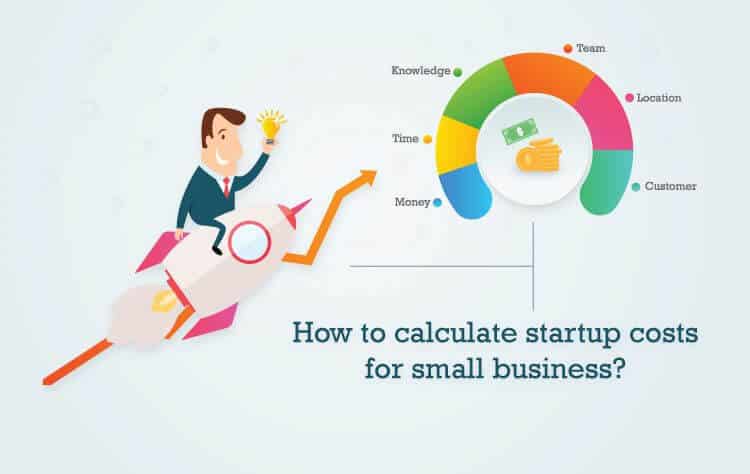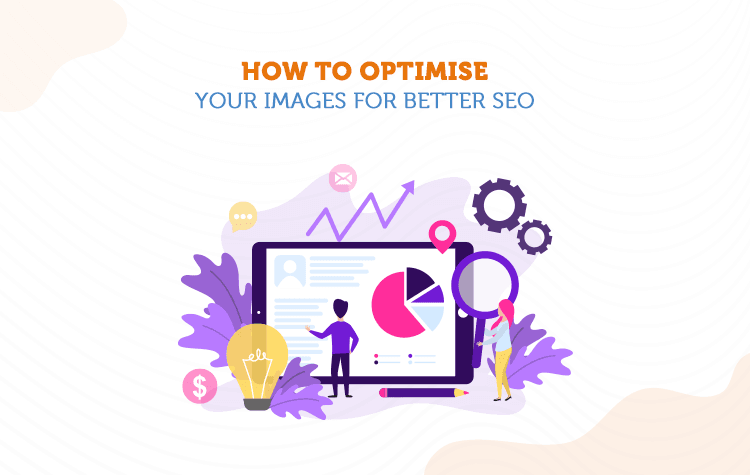You pulled off your shocks and 9-5 boots.
You find yourself at rock bottom with your career going nowhere.
However, you have some business ideas on process and a few savings to play around with the startup idea.
However, running a small business can be both intriguing and daunting at the same time.
There is more to it than just managing payrolls and building assets.
And without even realising it, small costs pile up into high expenses. This is why it’s best to calculate start-up costs for small businesses upfront. Estimating your cost reduces the risk of failure which has been a major problem of small businesses in Australia.
Let’s detail down elements that can help to estimate start-up costs for small businesses.
List your Start-up Assets

Before you start a business, you should be able to financially afford the expenses. This is where your initial assets and liquid assets help to measure the potential of growth.
-
Cash in the Bank:
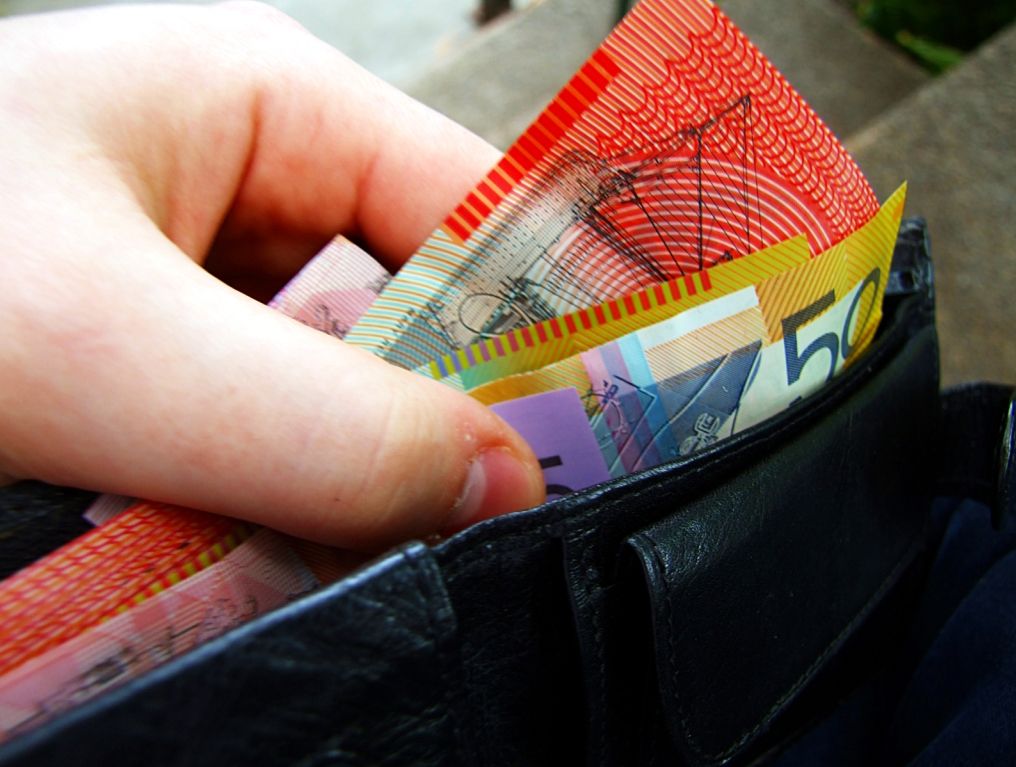
Do you have any savings that can cover any initial expenses of your business? You need to have at least cash in the bank that covers 50% of your expenses.
-
Land & Fixed Assets:
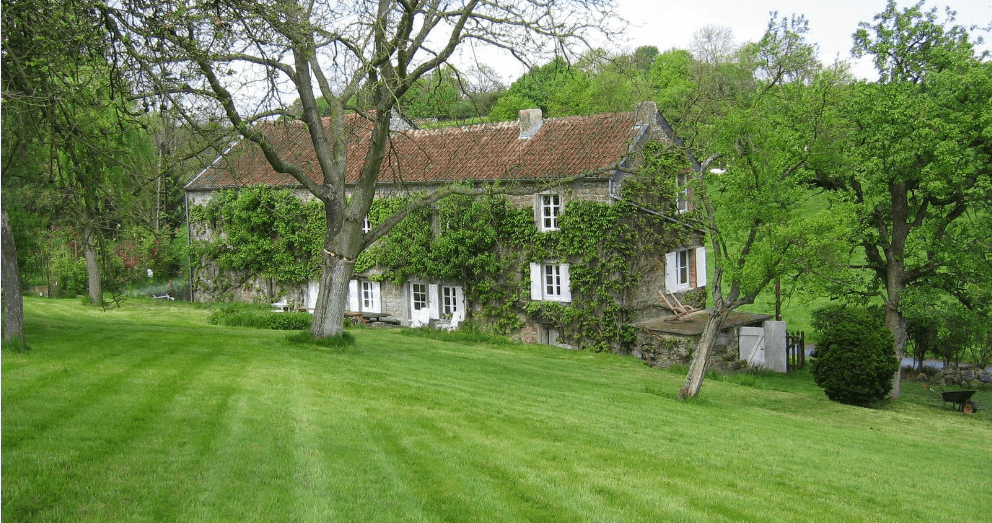
If you have a property or land, it’s a major boost to cover your expenses.
-
Funding sources:

It’s unlikely that you can cover a small business start up all on your own. So, you may need financial help from your family and friends. You can also apply for grants and financial support from an Australian government. If your small business idea has some value, you can also attract investors and venture capitalists.
-
Tangible assets:
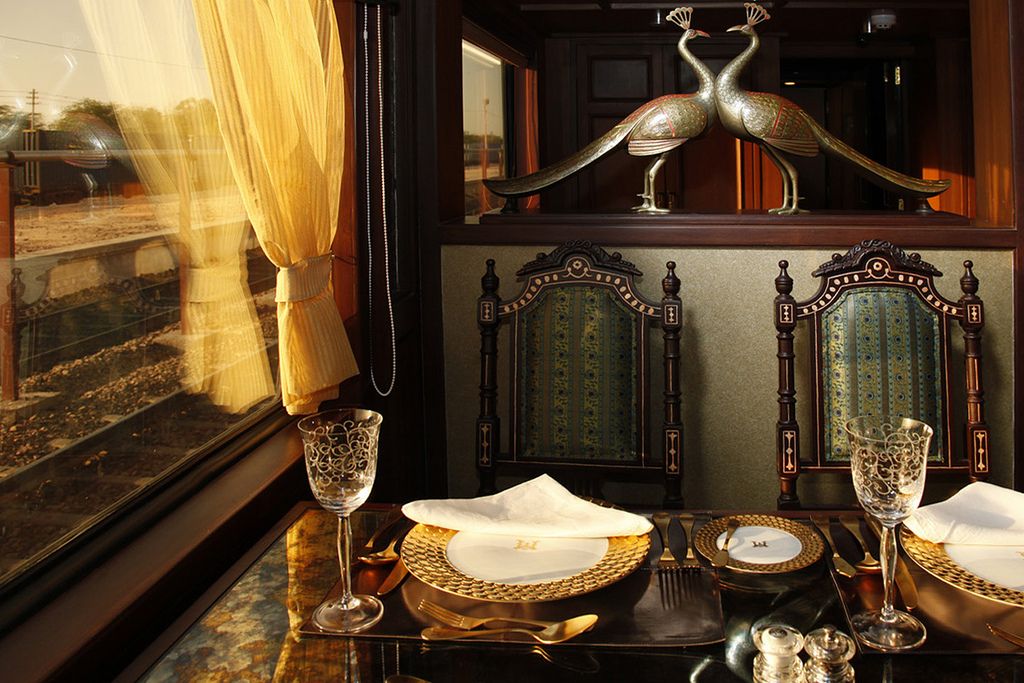
Assets that are considered as expenses initially like furniture, plant, and equipment all makeup to tangible assets. Although they are deprecated over the time, they still are your assets and doesn’t deduct to your income.
List down Initial Start-up Expenses
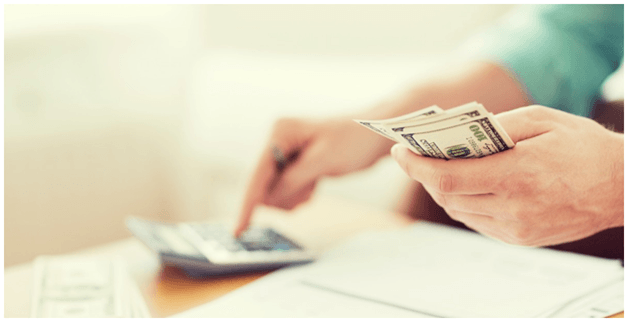
Normally, these expenses are one-time expenses and don’t deal with recurring expenses. However, it may count for additional expenses during renewal or reconstruction.
-
Legal Procedures, Structure, and Insurance:
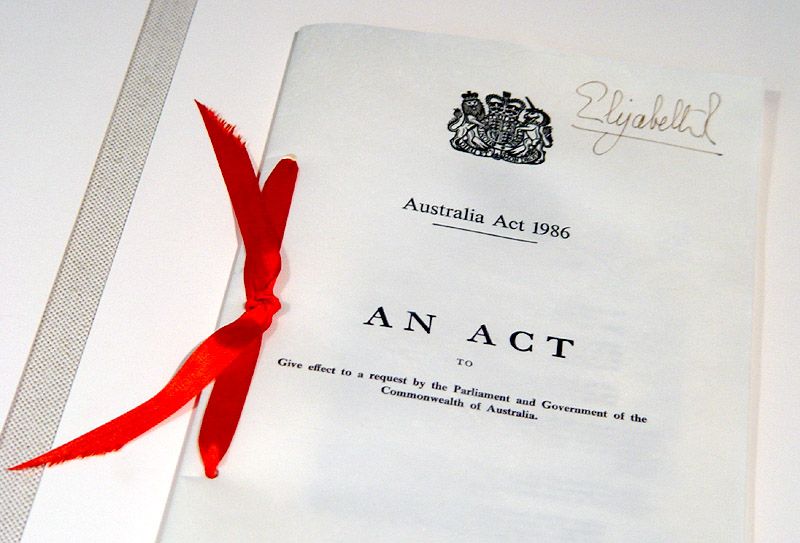
This includes the cost of registering your business name or company and earning a general license to run the business. If you are in Australia, you must register for ABN. You should also consider contacting your state’s official trading department to work on any additional license you may need. Also, add up the cost of establishing a legal structure & insurance that can also be maintained by a broker.
-
IP Protection:
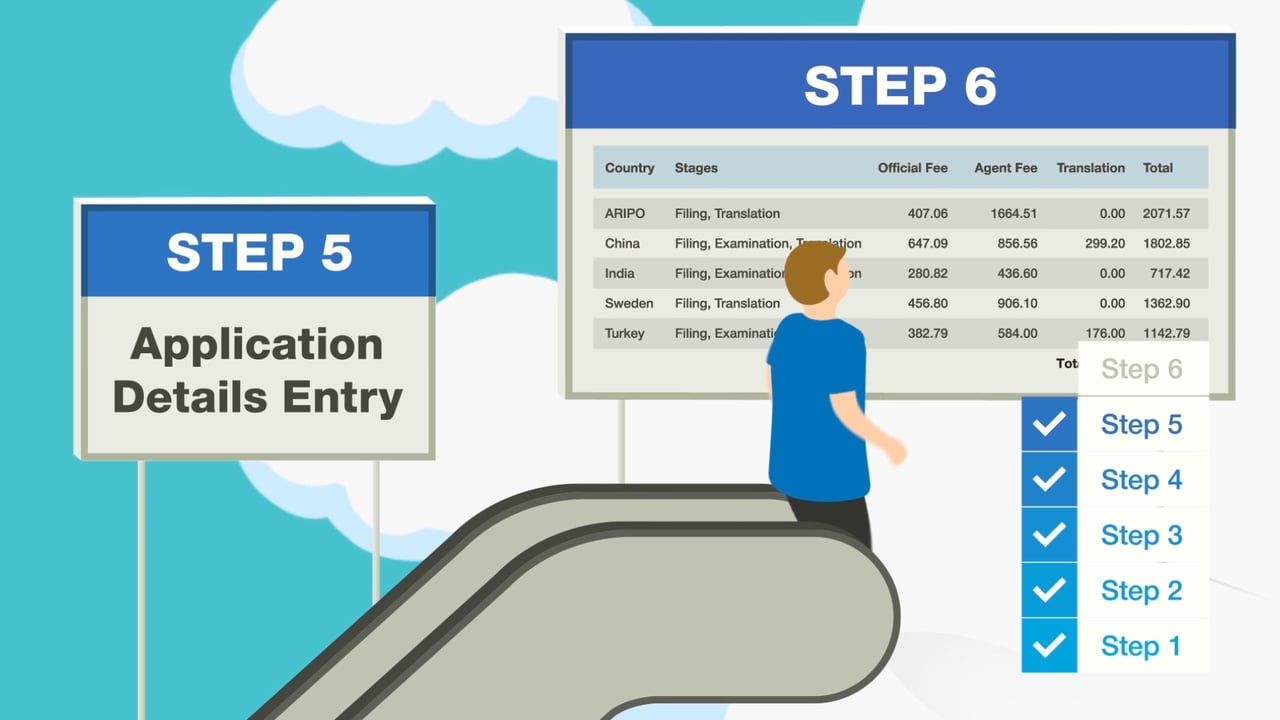
While this may not be included in every typical business start-up costs. However, if you have a unique perspective or a business idea, protecting your intellectual property is a must.
-
Rent or Building Lease:
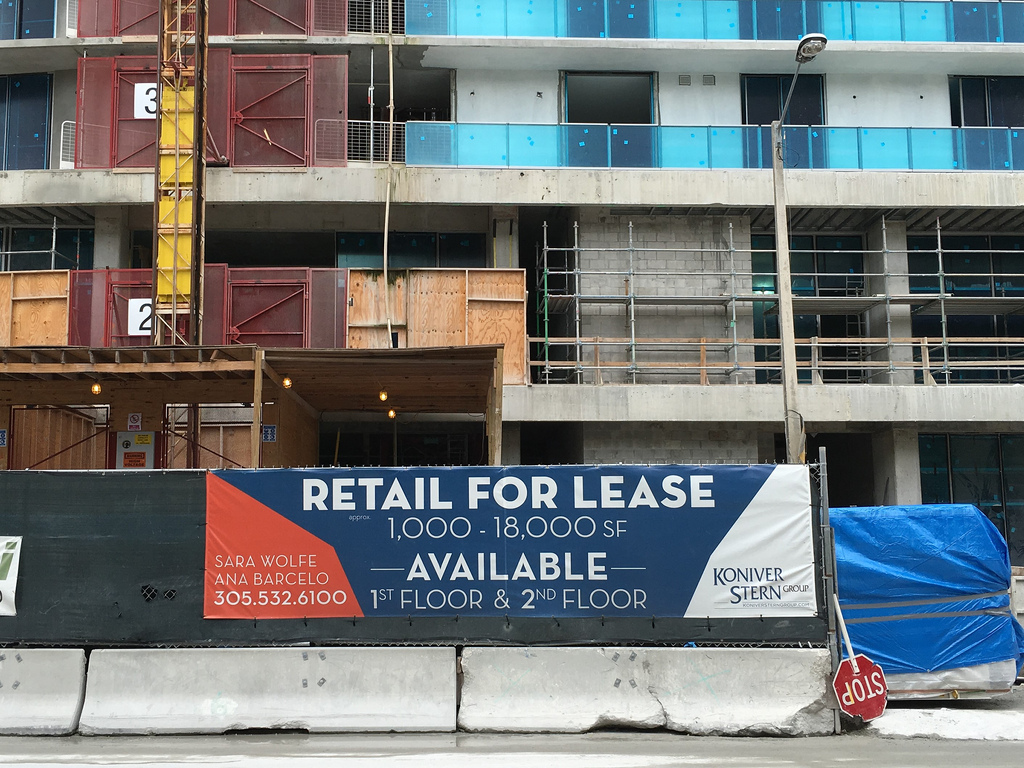
Most small business owners don’t function from their own house. Or, their house is at the different location where there isn’t any ongoing traffic. So, what they do is take a building or apartment on a lease. Now, the cost may vary precisely on the location and most landlords would ask for a security deposit.
-
Utilities & Office Supplies:

This is one of the pre-requisites that piles up the cost significantly. Everything that connects with your business and helps it to run in a smooth way fall under it. It can be computers, pens, paper, phone, gas, etc.
-
Web Design and Marketing:
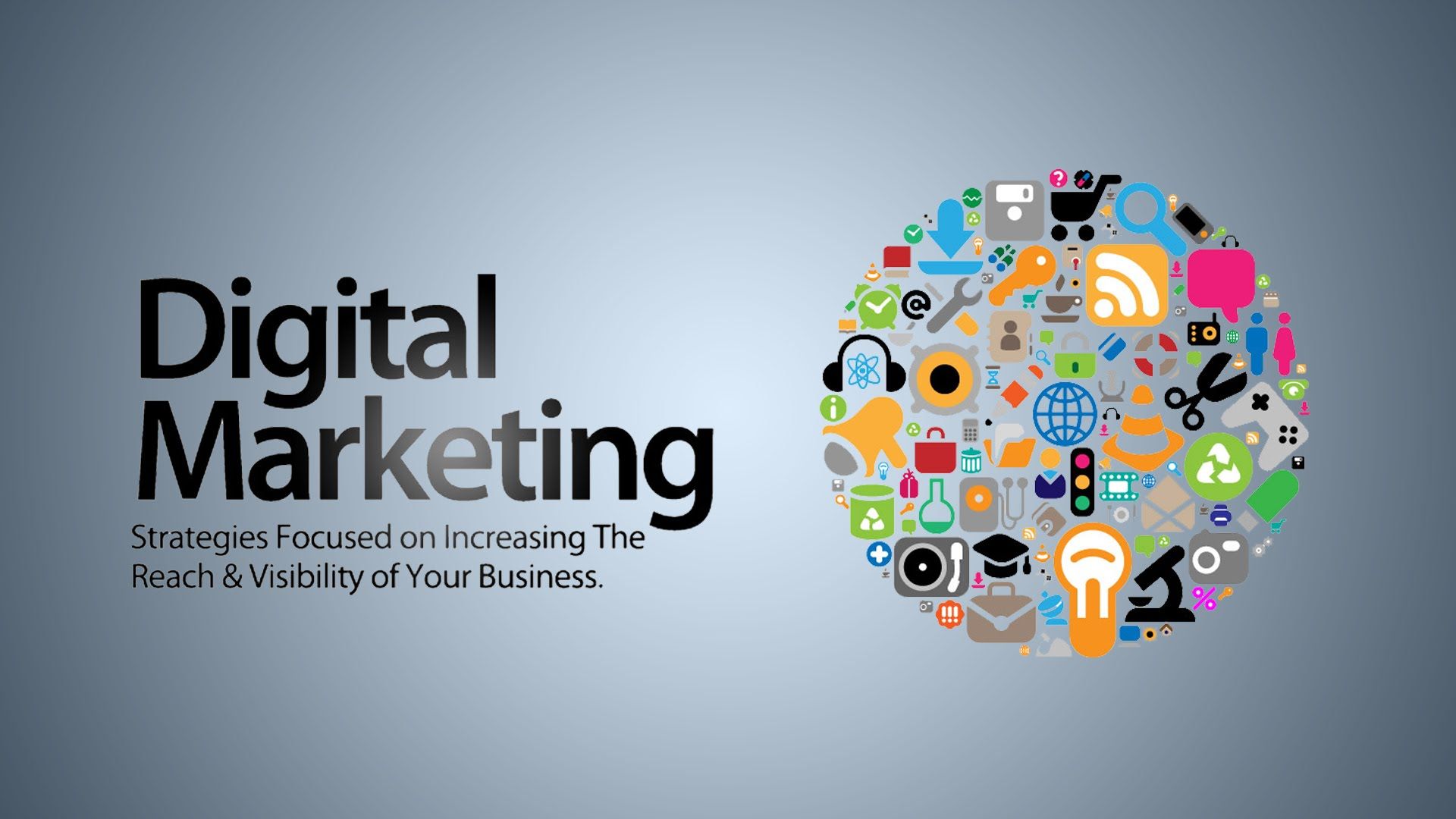
Having a strong online presence is a must for any small business in Australia and all over the world. For that, you need to have a responsive web design that can connect with your audience in a virtual way. There are more to web design like logo design, content creation etc, and it’s best to hire a small business agency to help you with that. Similarly, a website or a business can online thrive if effective marketing plans are levied. Whether it’s traditional or online marketing like SEO, Adwords, these are the costs of web design that you need to figure out.
List out Recurring Costs
Usually, this cost shouldn’t add up to the initial typical business start-up costs. However, it’s recommended to prepare for at least 1-year recurring expense because it will take at least 1 year for a business to reach break-even. Costs of maintaining websites, domain renewals and updates may also come in this.
-
Pay Rolls:
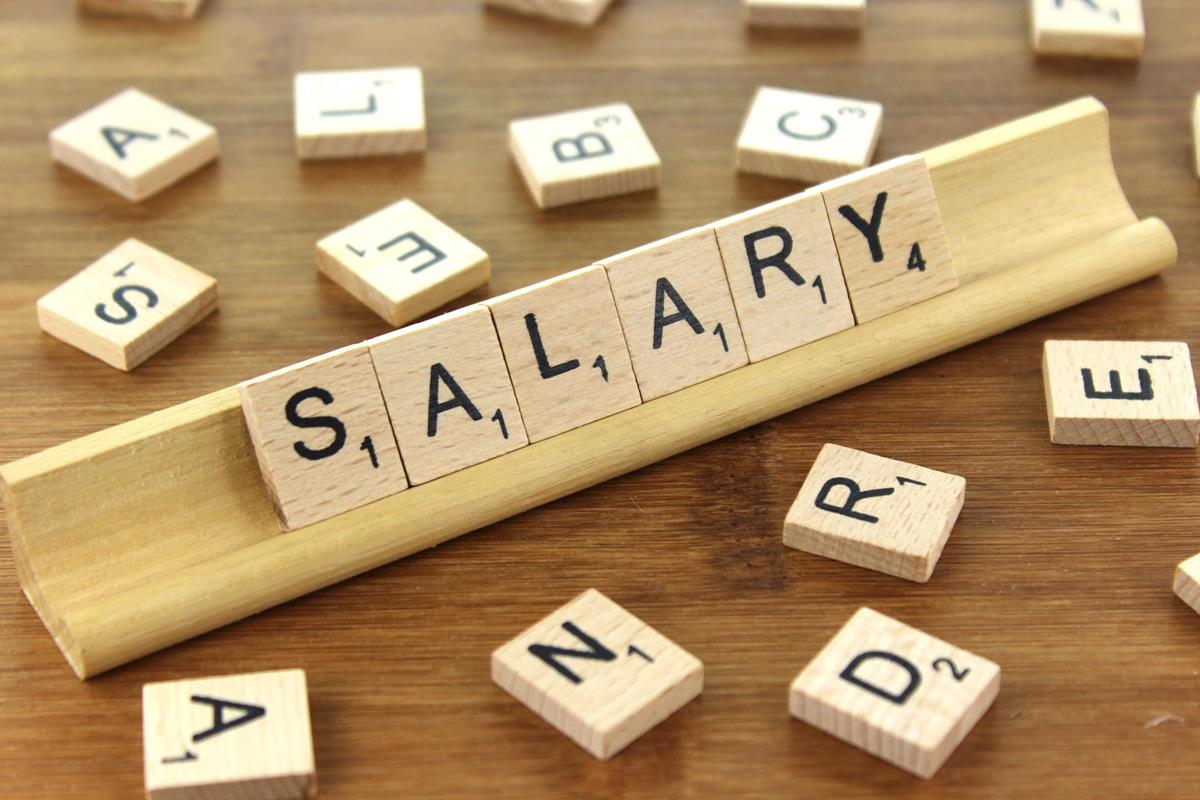
Whether you are a sole proprietor or in a partnership, you will still require having employees to function your small business. This is a monthly cost that deducts from your income. So, estimate the cost of one-year first hand.
-
Rent:

Unless you have your own building, the cost of rent will be piling up every month. And, at the initial stage, you need to make consideration for you rent expenses.
-
Utilities:

Expenses like electricity bill, phone bill, gas surcharge makes up to this list.
-
Marketing:

You can’t miss marketing if you need to survive in the competitive world. There are agencies that will charge you monthly for their marketing services.
Wrapping Up,
Planning and executing business workflow is a hectic task. But if you can estimate your start-up costs, it makes the work less daunting. You can follow the above chart to assume your cost. Or, there are many online calculators and checklists that can also give you a vague idea on how to calculate the cost for your small business start-ups.
Looking for SEO services for your Brisbane-based small business? Send us a message now.
